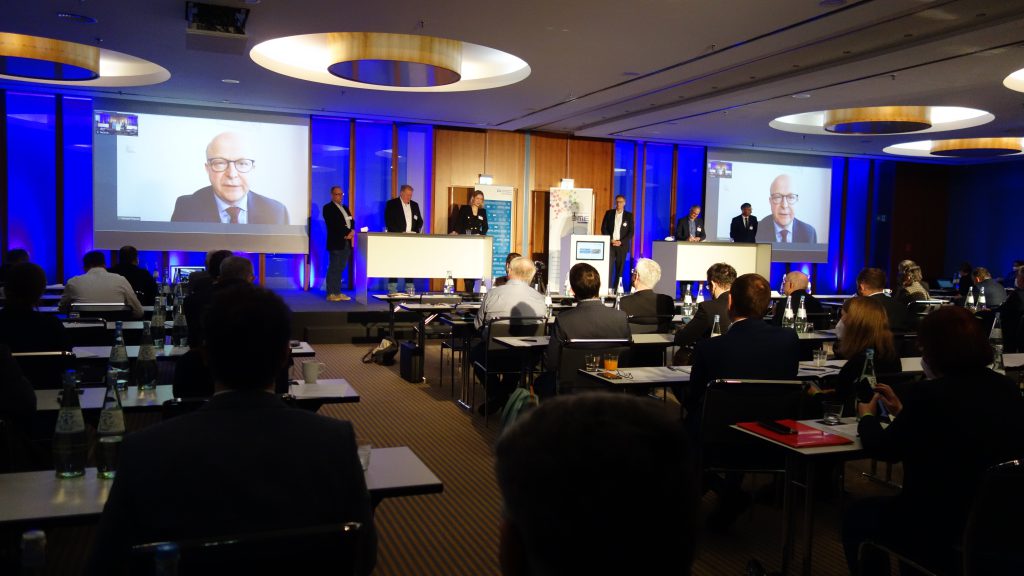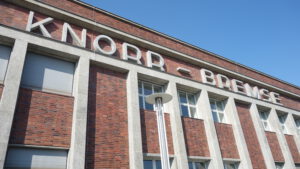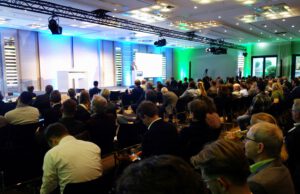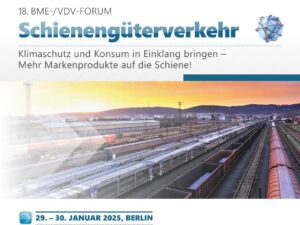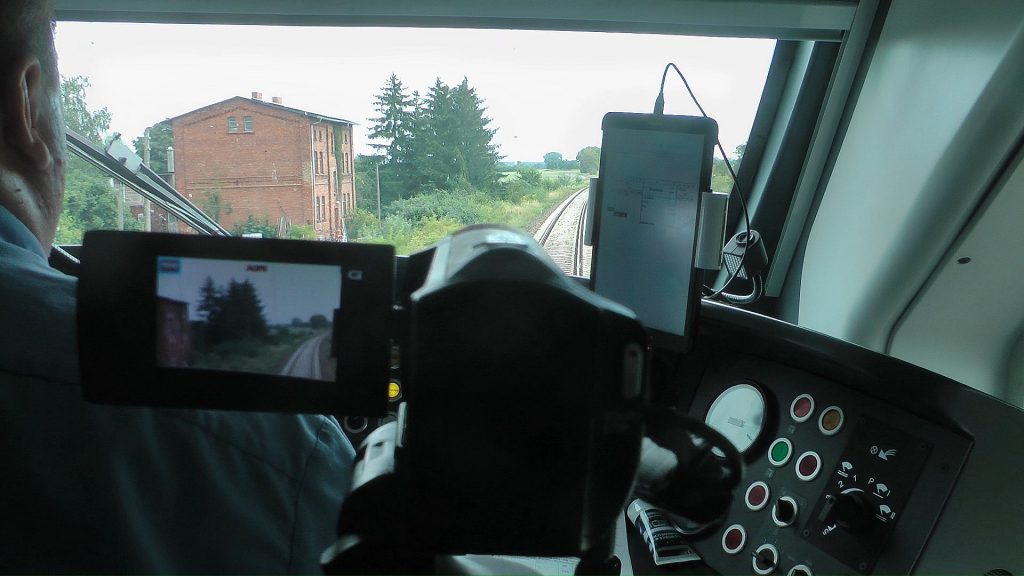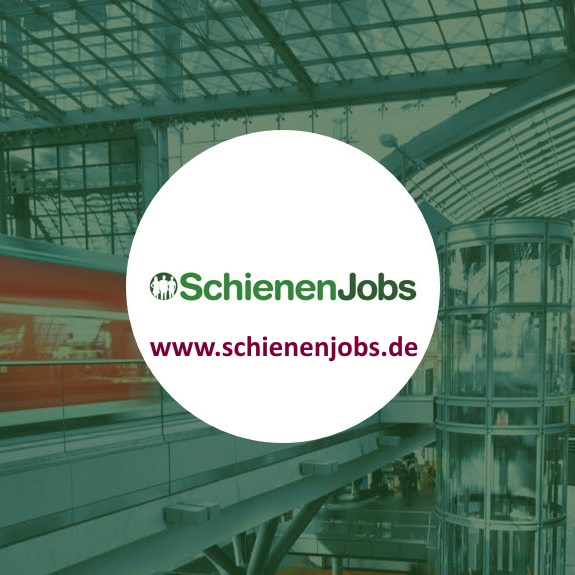Michael Theurer is a member of the Bundestag for the FDP and Parliamentary State Secretary in the German Federal Ministry for Digital Affairs and Transport. As the Federal Government Commissioner for Rail Transport, he succeeds the CDU MP Enak Ferlemann, who was a highly valued interlocutor in the rail industry in recent years. Elegant: At the VDV/BME forum on February 1, 2022, Theurer explicitly followed up on Ferlemann and assured that, like Ferlemann, he would continue the dialogue with the sector.
Theurer was connected to the 110 participants* of the traditional Berlin forum via video. Nobody could blame him for the lack of personal presence, as he explained that he wanted to reduce CO2 emissions on business trips by making maximum use of video conferences… Theurer also brought greetings from Transport Minister Volker Wissing: At the same time, the minister was presenting the new ICE 3 Neo together with DB and Siemens.
Improve site management
Theurer responded to recent complaints from the rail freight industry with commendable clarity. Capacity restrictions in the German rail network are “the ultimate challenge”. Immediately after taking office, Theurer set up a round table on construction site management with the operator of the German state rail network DB Netz. “Of course, it is unacceptable that only when members of the Bundestag or a state parliament ride on a locomotive, it will arrive ahead of time, and otherwise long waiting times are the order of the day, especially with rail freight transport!” With statements like this, the speaker quickly got the audience on his side.
Construction sites on the network are necessary to increase capacities, but management must be significantly improved during ongoing operations. The ministry is currently analysing the capacities and needs in order to then improve the situation in a targeted manner through a “mix of short- and medium-term measures”. DB Netz has developed a new “capacity access model with systematised routes based on the cyclic schedule Deutschlandtakt”. A legal ordinance is now being prepared to test the model.

“Digital capacity management” is also helpful. The rail commissioner: “Especially as the Ministry for Digital Affairs and Transport, we are of the opinion that everything that can be done digitally must also be done digitally.”
Overtaking tracks and the upgrading of alternative and detour routes should increase the reliability of the network in the near future. Deutsche Bahn is to receive an equity increase of 1.4 billion euros from the climate protection package. The federal government’s coalition agreement contains “the ambitious goal of halving the approval and planning times”. The Chancellery will push this topic forward with great emphasis across all departments. The topic of a sufficient number of competent personnel must also be supported by consistent digitization.
The rail freight transport (SGV) master plan should be continued and further developed. The climate protection target from the coalition agreement, namely to increase the RFT share of the modal split to 25 percent by 2030, can only be achieved if the train path capacities are increased. Since July 1, 2018, the ministry has been promoting RFT through reduced access prices to the rail infrastructure. The transport companies should use the money saved for their own modernization and to reduce their own transport prices. To compensate for pandemic burdens, the ministry further reduced the train path prices until the end of 2021, which had a clearly positive effect on the transport volumes in RFT.
Track access price promotion
“We have had the results of the evaluation of track access price subsidies since December 2021,” explained Theurer. These are the basis for the decision as to whether funding should be continued beyond mid-2023. Significant financial resources would be made available for the promotion of single-wagon transport in a competition-neutral manner. A debate is necessary to determine how single-wagon transport can be presented more economically in the future. Digitisation and automation would certainly provide a “viable answer” for this as well.
In this context, Theurer spoke out in favour of further siding funding and described the Europe-wide introduction of the digital automatic coupling DAC as a “future project at the heart of our activities”. To this end, according to Theurer, he will soon conduct negotiations personally at EU level. Funding should be provided by the EU, national funding programs and the sector’s own contribution.
Hermann Schmidtendorf, Editor-in-Chief


